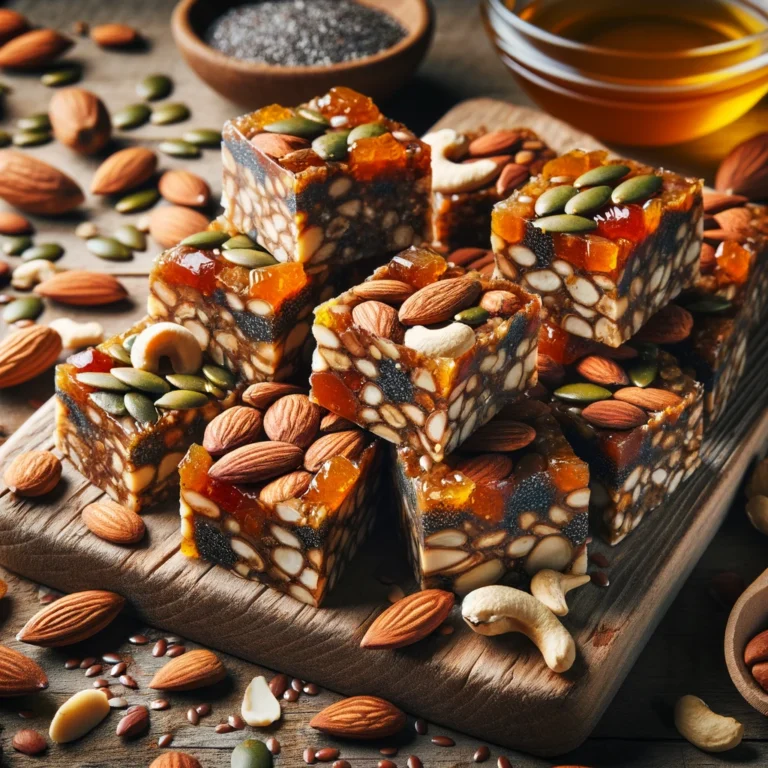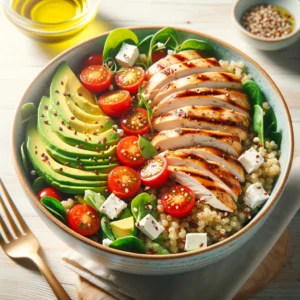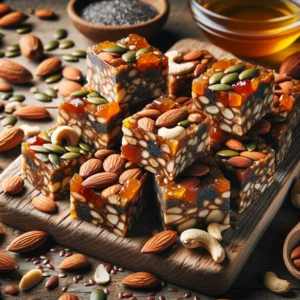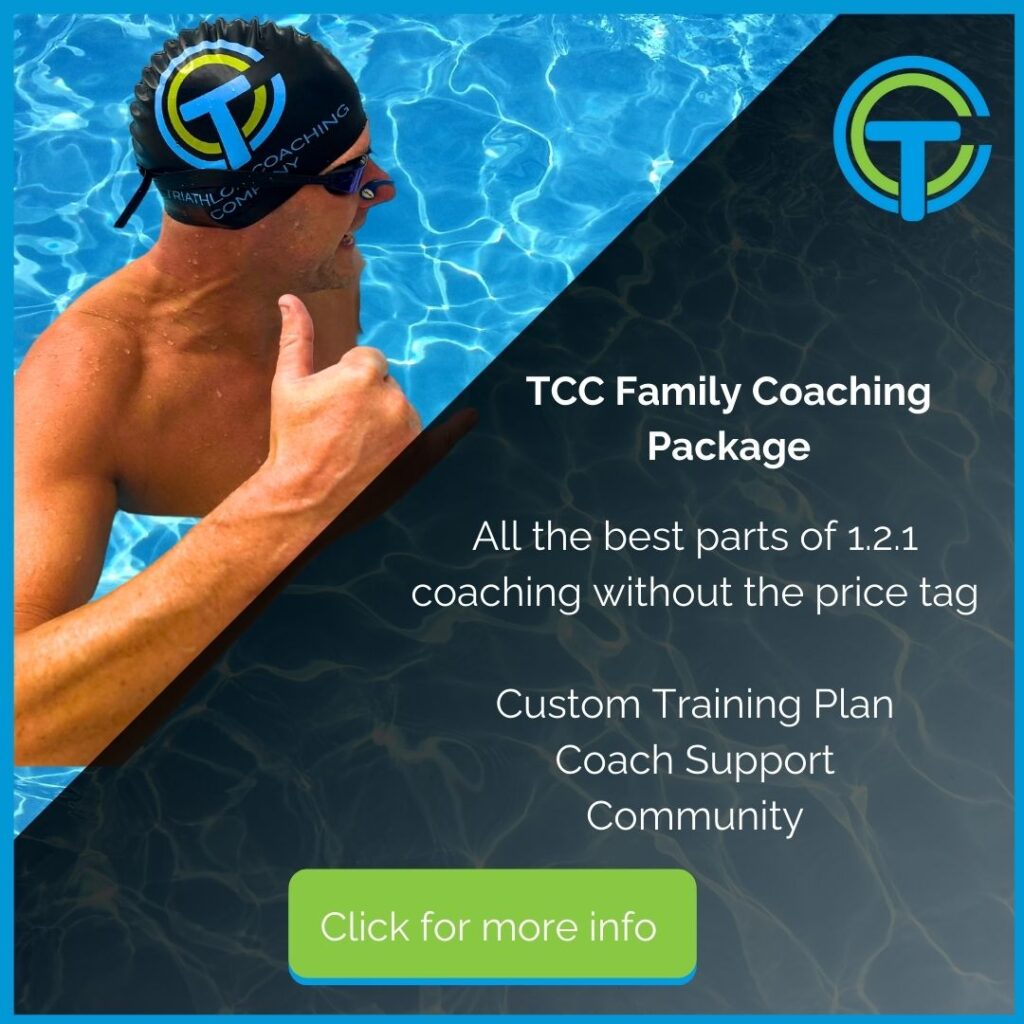Introduction
Triathletes face the unique challenge of mastering three disciplines: swimming, biking, and running. Success in this demanding sport requires rigorous training and a strategic approach to nutrition. The right fuel at the right time can enhance performance, speed up recovery, and even prevent injuries. This guide explores the foundations of nutrition for triathletes, emphasising the timing of meals and snacks to optimise your training and performance.
The Role of Nutrition in Triathlon Training
Nutrition in triathlon training serves three primary purposes: fuelling workouts, facilitating recovery, and maintaining overall health. A balanced intake of carbohydrates, proteins, and fats is crucial, with a particular focus on timing to ensure the body has the necessary resources when it needs them most.
Carbohydrates are the primary energy source during both training and racing. They should be consumed before and during exercise to maintain energy levels.
Proteins are essential for the repair and growth of muscle tissue, particularly after workouts.
Fats provide a dense energy source and are essential for overall health, but they should be consumed in moderation to avoid gastrointestinal discomfort during training.
Pre-Workout Nutrition: Priming the Engine
A pre-workout meal or snack prepares your body for the demands of training. It should be high in carbohydrates to top up your energy reserves and contain moderate protein to prevent muscle catabolism during exercise.
Banana Oat Pancakes Recipe
Rationale: This meal provides a quick source of energy from bananas and sustained energy from oats, with protein from eggs to support muscle health. It’s easily digestible, ensuring comfort during intense workouts.
Ingredients: 1 ripe banana, two eggs, 1/2 cup rolled oats, 1/4 cup almond milk, 1 tsp cinnamon, 1 tbsp honey.
Instructions: Blend all ingredients until smooth. Cook in a non-stick pan over medium heat, flipping once bubbles form. Serve with honey.
Post-Workout Nutrition: Recovery and Repair
After a workout, the focus shifts to recovery—repairing muscle tissue and replenishing energy stores. A meal rich in protein and carbohydrates can help speed up this process.
Quinoa & Grilled Chicken Salad Recipe
Rationale: This meal combines lean protein from chicken for muscle repair, quinoa and vegetables for replenishing glycogen stores, and healthy fats from avocado for inflammation reduction.
Ingredients: 1 cup cooked quinoa, 200g grilled chicken breast, one avocado, mixed greens, cherry tomatoes, 1/4 cup feta cheese, olive oil, lemon juice.
Instructions: Combine all ingredients and dress with olive oil and lemon juice. It provides a balanced recovery meal, perfect after long or intense workouts.
All-Day Energy: Nutrient-Dense Snacking
Maintaining energy levels throughout the day is essential for triathletes, who often require a higher caloric intake than average. Snacks should focus on a mix of macronutrients, emphasising healthy fats and proteins for sustained energy.
Nut & Seed Energy Bars Recipe
Rationale: These bars offer a convenient energy boost packed with healthy fats, proteins, and carbohydrates. They’re ideal for snacking before a workout or during long training sessions when quick energy is needed.
Ingredients: 1 cup dates, 1/2 cup almonds, 1/2 cup cashews, 1/4 cup pumpkin seeds, 2 tbsp chia seeds, 1/4 cup honey, 1 tsp vanilla extract.
Instructions: Process dates until sticky, add nuts and seeds, press into a lined tray, and chill. These bars are nutrient-dense, providing long-lasting energy and essential nutrients.
Hydration: A Cornerstone of Triathlon Nutrition
Hydration affects every aspect of triathlete performance and recovery. Water supports metabolic functions and nutrient transfer, and staying adequately hydrated is essential for peak performance. Electrolyte balance should be maintained, particularly sodium, potassium, and magnesium, especially during long training sessions or races to prevent cramping and fatigue.
Conclusion
Nutrition is a powerful tool in a triathlete’s arsenal. Athletes can significantly improve their performance, recovery, and overall well-being by strategically timing the consumption of specific foods and beverages. The recipes provided offer practical, delicious ways to meet your nutritional needs at every stage of training. Remember, individual needs can vary, so listening to your body and adjusting your nutrition plan as necessary is essential. Your triathlon training and performance will soar to new heights with the proper fuel.







